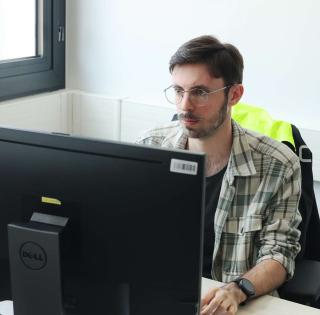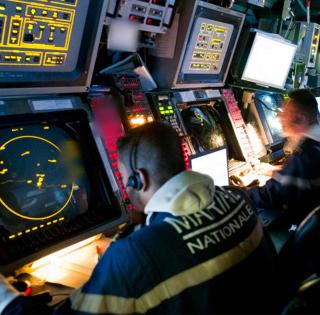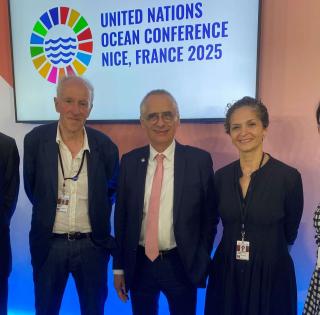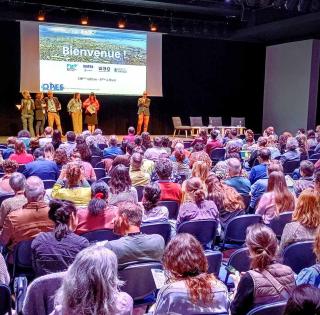
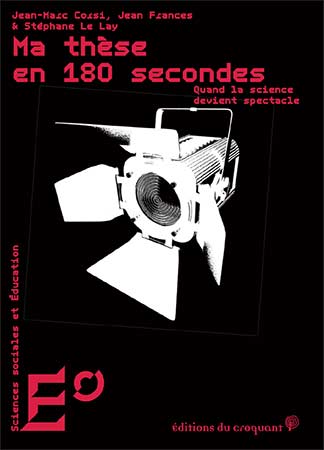
Inspired by an exercise created in 2008 by the University of Queensland in Australia, the "ma thèse en 180 secondes" (my thesis in 180 seconds - MT180) contest was created in 2012 in Quebec. A few years later, the CPU and the CNRS took up the concept in France: PhD students present their research topic to an uninformed audience, in 3 minutes.
Why did you choose to work on this subject?
The first criticisms were voiced as soon as the project was initiated. The challenge of "ma thèse en 180 secondes" was to give PhD students the keys to popularizing their research work, i.e. succeed in making it understandable to everyone. However, associating this exercise with a contest immediately gave rise to the risk of turning it into a spectacle. As sociologists, my colleagues Stéphane Le Lay and Jean-Marc Corsi and I saw this as a field of study that could provide information about the transformations taking place in the field of higher education and research, and more specifically in the PhD degree.
What do PhD students think about it?
The vast majority of them are satisfied with the scheme. It gives them the opportunity to learn new skills, such as public speaking and also provides an escape from their daily routine. However, few of them acknowledge the hard work involved in preparing for the contest and, above all, many have regrets, in retrospect, about having been "instrumentalized" in particular by their institution's administration. They have mixed feelings about the effects.
What do you see as the wayward trend in this scheme?
MT180 is conceived as a show, with a stage, lighting effects, music, etc. but above all as a contest the aim of which is to be the best.
Our field work and observations showed a discrepancy between the way participants in the contest defined their thesis work, and the way in which they presented it on stage during the contest.
On stage, they use all the codes of the great stand-up comedians: a presentation that has to be dynamic, funny, rhythmic, etc. Questions and evidence are, however, cast aside. The scientific approach is excluded and results are announced.


















